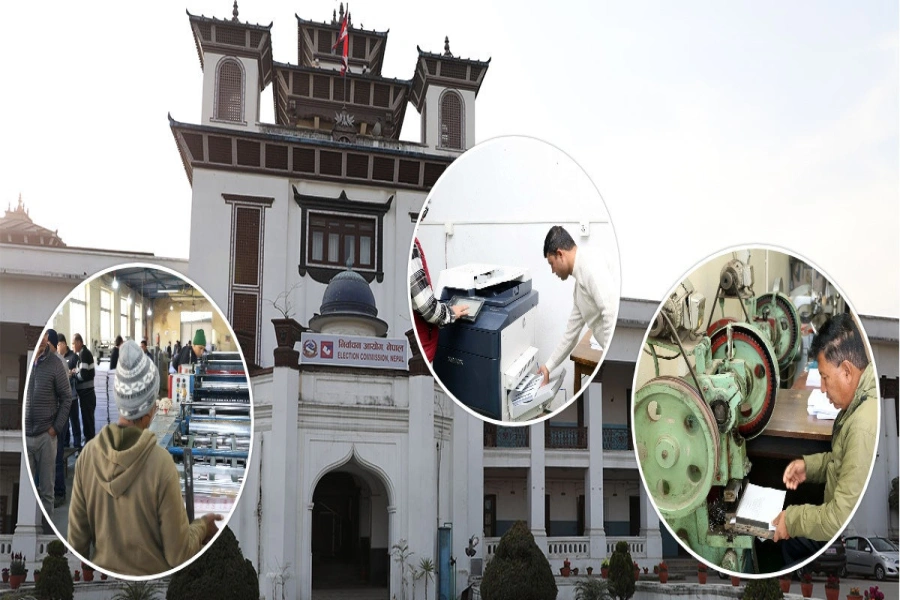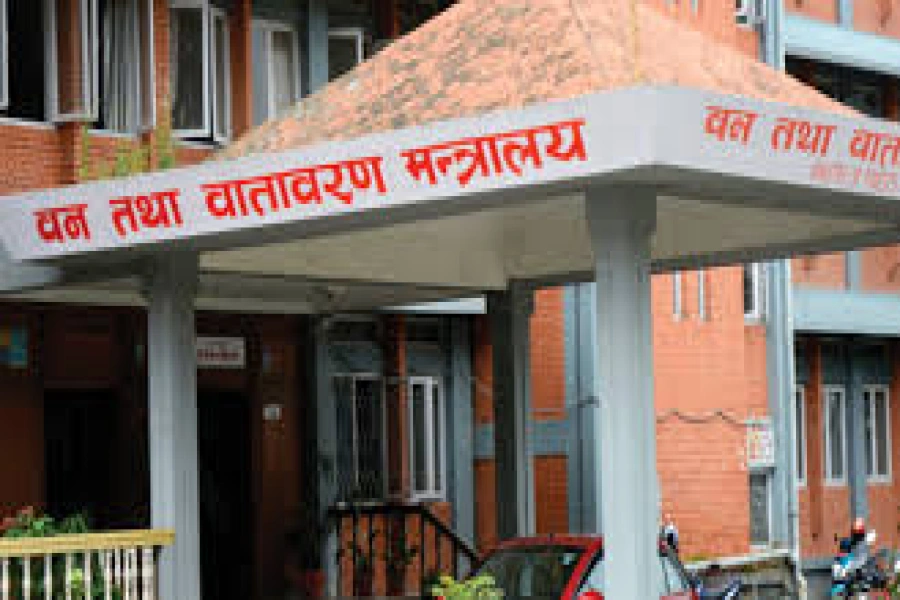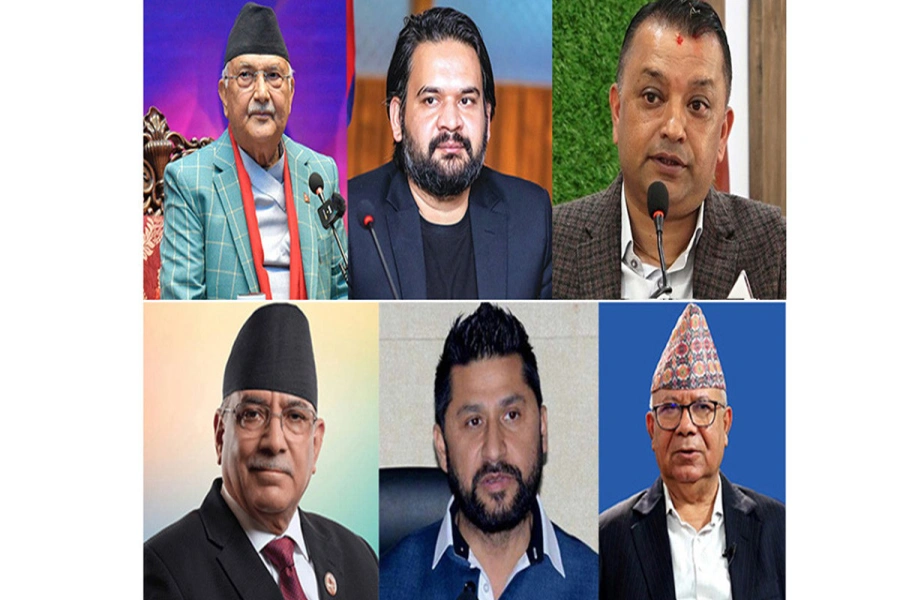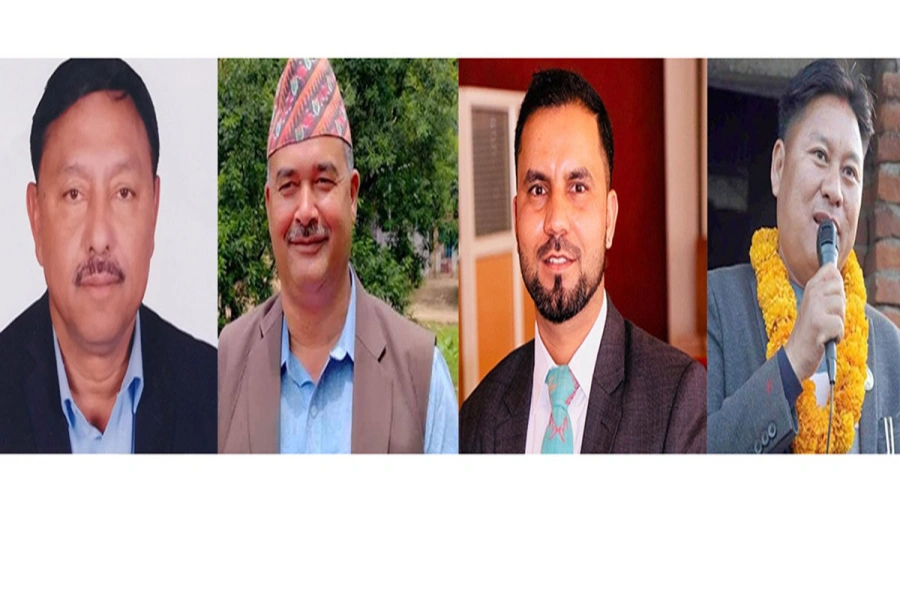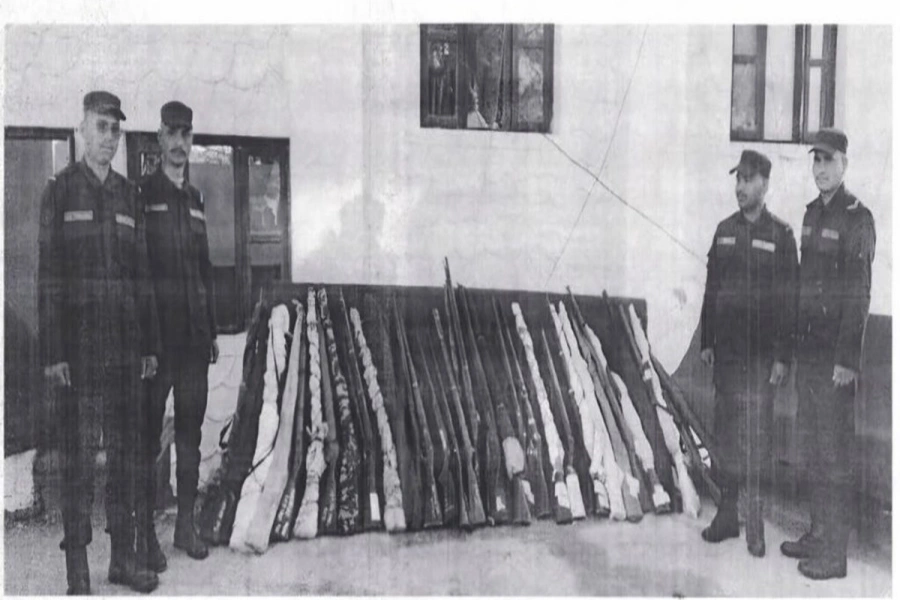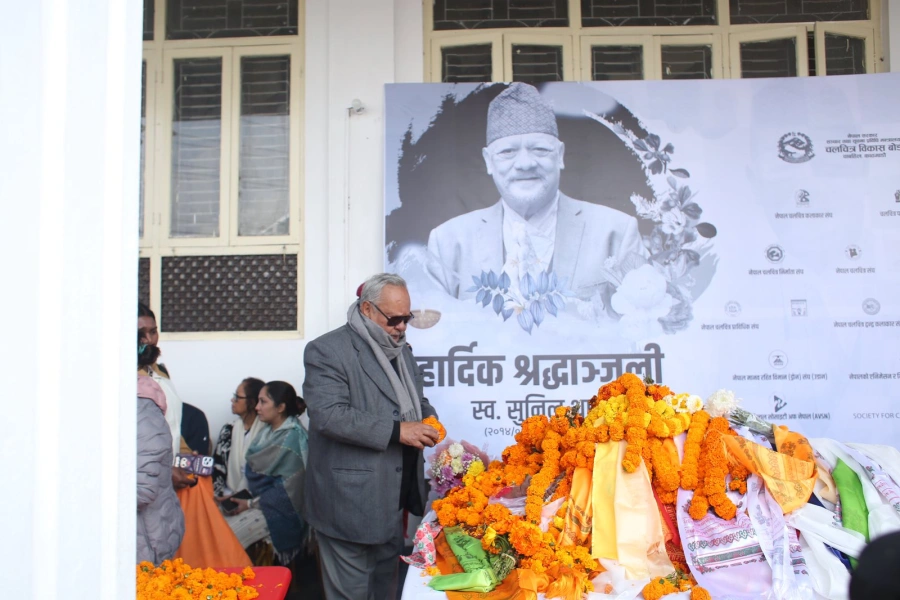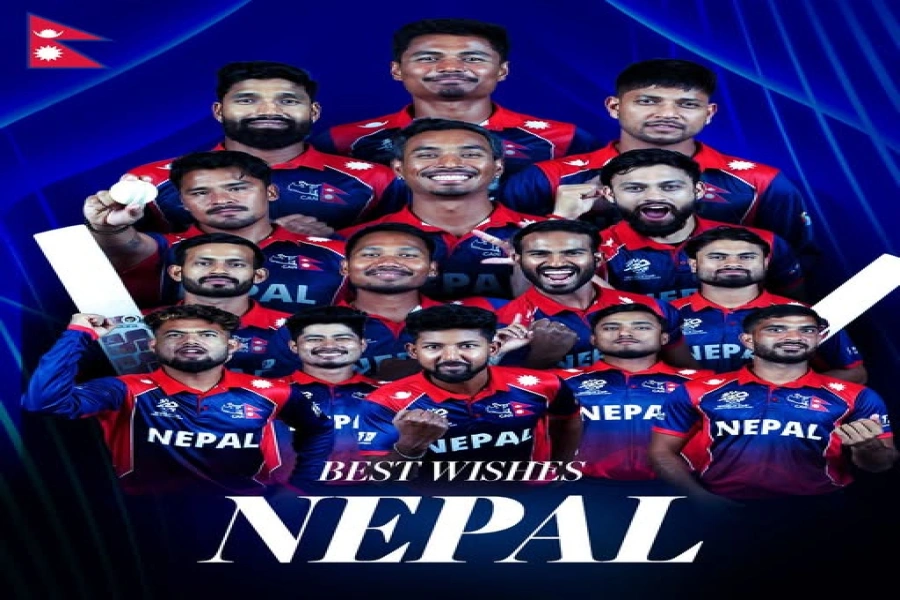KATHMANDU: "Speed and effectiveness to guarantee quality are the prerequisites of service providers to make any city a smart city," said economist Achyut Wagle, adding that 'infrastructure auditing' is essential to know there is solid foundation to transform any city into a smart city.
Economist Wagle viewed this when he was inquired how feasible it was at existing circumstances for Nepal to make cities smart cities as declared especially by the political leaders in many parts of the country.
Similarly, Spokesperson at Ministry of Urban Development, Joint Secretary Dr Ramesh Prasad Singh, said, "Almost all municipalities are of rural fabric in Nepal. Even the announcement of additional municipalities was made on the basis of 17-year old Local Self Governance Act (1999), which are obvious obstructions to make any municipality a smart city. "
Moreover, it was recently reported in the media that 15 rural municipalities were still deprived of telephone services. These fifteen rural municipalities are from remote Darchula, Bajura, Bajhang, Jumla, Kalikot and Humla districts. These examples fully substantiate Dr Singh's view that government announced villages the rural municipalities and municipalities without ensuring basic needs. As he argued the municipalities are based on rural fabrics.
The views and the examples mentioned above are some notable matters deserving analysis to help initiate debate and discussion where the cities in Nepal have adequate facilities to transform them into smart cities.
Before the first and second round of local level elections, most of the political leaders assured voters of internet service as basic facility. Those elected with this promises are leant to have pressed Nepal Telecom to provide broadband internet to implement their announcement before voters.
Although internet is the most essential tool to make communication smart and enable national economy, the political leaders seem fundamentally flawed on the concept of smart city because they seem mere presence of internet ensures a smart city. They are either themselves unaware or just throwing dust on the eyes of voters that internet means smart city.
Vibrant demand of internet is normal and cannot be ignored at present, because the communication lies at the heart of modernization. But, how reliable the infrastructures are to ensure smooth communications is significant. In our context, the sheer lack of infrastructure is hindering the expansion of broadband internet. Although Nepal Telecommunications Authority's latest MIS report states that the internet penetration has reached 58.31 percent, the response from consumers on internet quality is quite dissatisfying.
As economist Wagle argued, the cities like Kathmandu Metropolitan City needs to conduct 'infrastructure auditing' to know the status of the available facilities and requirements to assure speed, effectiveness and quality in services. Are the available structures and service providers in Kathmandu Metropolis adequate and well prepared to provide quality service in a quick and effective way?
Once the auditing of infrastructures is complete, this question is answered. Then comes which sectors need digitization first, which later.
If there is any capital city featuring the most horrible scene- it is the Kathmandu city. A horrible scene of a school girl falling into a manhole in the Kathmandu Valley road became viral on the internet, including the social media. After this, the Prime Minister directed the concerned bodies to fill up the pits and potholes in the Valley roads.
The traffic congestion here is so chaotic that you need more than one and half hour margin to reach your destination. The roads are muddy, dirty, flooded, and full of potholes and pits turning into murderous traps.
It is said nearly 200 bodies are directly indirectly responsible for managing the traffic in the Kathmandu Valley. But see the daily chaos. Similar is the case of drinking water supply. It is never sufficient and reliable.
Amidst this dismal context, news have come that Kathmandu Metropolis is mulling e-toilet. Many are making comments at a time when the basic needs are not ensured, how easy it could be to manage such lofty goal. Instead of this, the KMC can make the mobile toilet which is mostly stationed at Sundhara, more convenient and cleaner for the customers.
Spokesperson Dr Singh claims, "It takes almost five years to ensure basic facilities in Kathmandu city. Once the people are guaranteed of basic facilities, it creates foundation for implementing smart city concept."
To conclude, we are smart at making decision and formulating policies, but without creating and assessing the background situation, which finally flops the idea. Not only the preparation of infrastructures but also the ample public awareness is required about smart city.
Public awareness is also relevant because many take Facebook use as to internet use. So, rather than making smart announcement, it is wise to do ample homework to prepare background of smart city. If not, smart city will be limited to a mere political agenda. Ensure basic needs in the city first. RSS
Smart Telecom's SmartCell opens Smart Centre in Putalisadak



